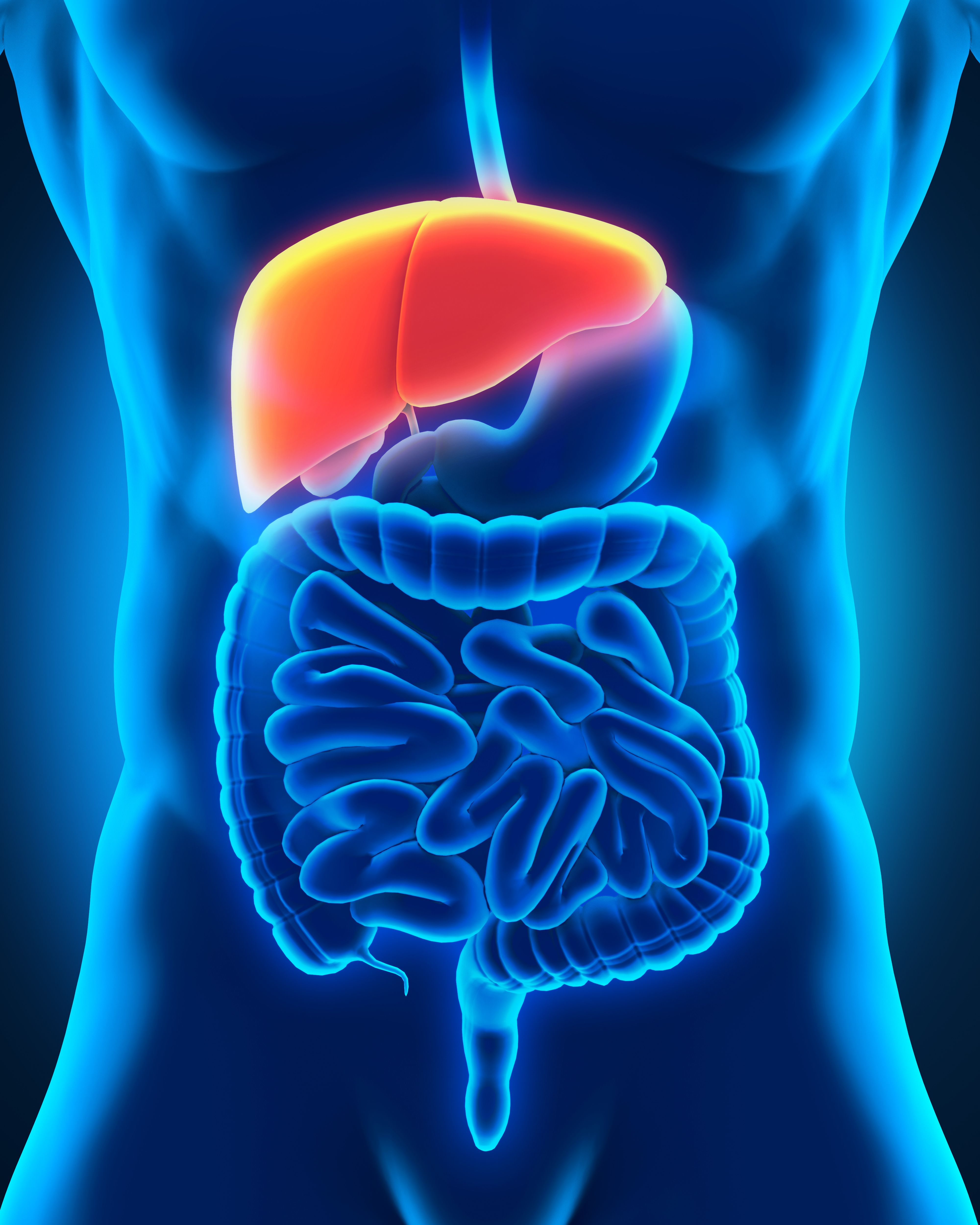Phase 1b/2 ASIST Study of BXQ-350 Enrolls First Patient With mCRC
BXQ-350 in combination with modified FOLFOX7 and bevacizumab will be evaluated in a phase 1b/2 study of metastatic colorectal carcinoma.

The phase 1b/2 ASIST study (NCT05322590) evaluating the efficacy and safety of BXQ-350 in combination with modified FOLFOX7 (folinic acid, 5-fluorouracil, and oxaliplatin) plus nivolumab (Opdivo) and bevacizumab (Avastin) has enrolled its first adult patient with newly diagnosed metastatic colorectal carcinoma (mCRC).1
BXQ-350 is a novel anti-mneoplastic therapeutic agent made from Saposin C, an expressed lysosomal protein in humans, and the phospholipid dioleoylphosphatidyl-serine, a cell membrane phospholipid.
"Dosing our first patient in this trial is a major milestone for Bexion," stated Scott Shively, president, and chief executive officer of Bexion Pharmaceuticals, in the press release. "BXQ-350 combined with its observed safety profile, potential efficacy, and possible neuropathy benefit makes BXQ-350 a worthwhile candidate to use in combination with standard of care treatment for mCRC to not only enhance the treatment of mCRC, but also to evaluate its ability to alleviate side effects related to [chemotherapy induced peripheral neuropathy]."
In the placebo controlled, double blinded, phase 1b/2 study, the safety and efficacy of BXQ-350 plus modified FOLFOX7 and bevacizumab in patients with newly diagnosed mCRC will be examined.Those enrolled will receive BXQ-350 via intravenous infusion and standard of care doses of modified FOLFOX and bevacizumab.2
The study will be split into 2 stages. Stage 1 will be the open-label portion of the trial where patients will be enrolled at increasing dose levels of BXQ-350 to determine the stage 2 dose. Stage 2 will be blinded, and participants will receive BXQ-350 at the dose established from stage 1 dose or placebo.
To participate in the trial, patients are required to be aged 18 years and older with newly diagnosed stage IV mCRC with measurable disease, a life expectancy of 3 months or more, an ECOG performance status of 0 or 1, and acceptable liver, renal, and bone marrow function.
Primary end points of the trial include to determine the recommended phase 2 dose of BXQ-350 when administered in combination with modified FOLFOX7 and bevacizumab, the incidence of treatment-emergent adverse events, and objective response rate, The secondary end points include to evaluate Cmax, overall survival, progression-free survival, duration of response, disease control rate, total sensory neuropathy, chemotherapy induced peripheral neuropathy assessment, and post oxaliplatin assessment.
With an estimated study completion date of April 2029, the trial is currently enrolling patients in Kentucky, Ohio, and South Carolina.
REFERENCES:
Bexion Pharmaceuticals, Inc. announces first patient dosed with BXQ-350 in the ASIST clinical study. News release. Bexion Pharmaceuticals, Inc. January 10, 2023. January 13, 2023. https://prn.to/3wkxL4V
BXQ-350 in newly diagnosed metastatic colorectal carcinoma (ASIST). ClinicalTrials.gov. Updated October 31, 2022. Accessed January 13, 2023.